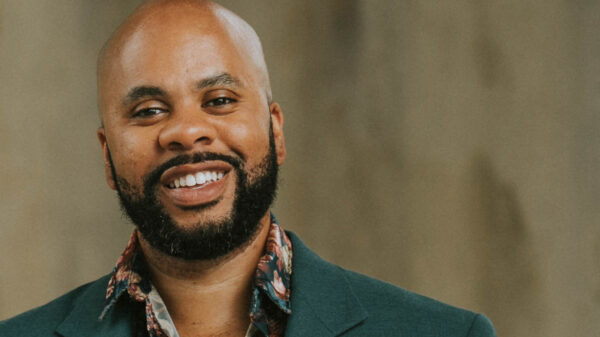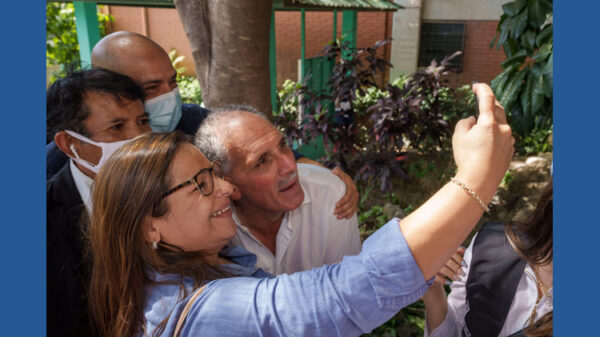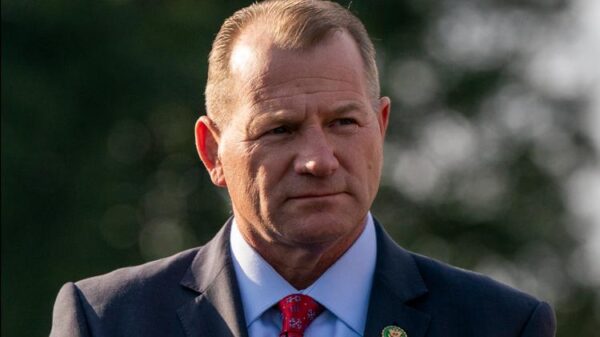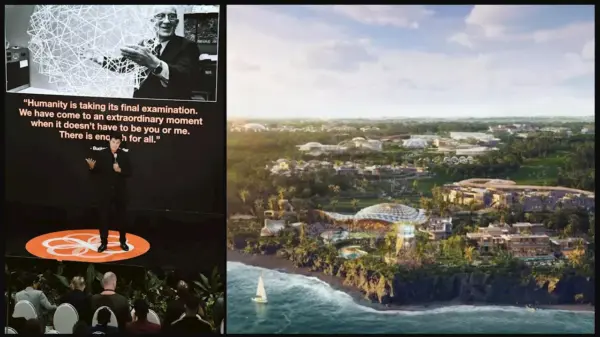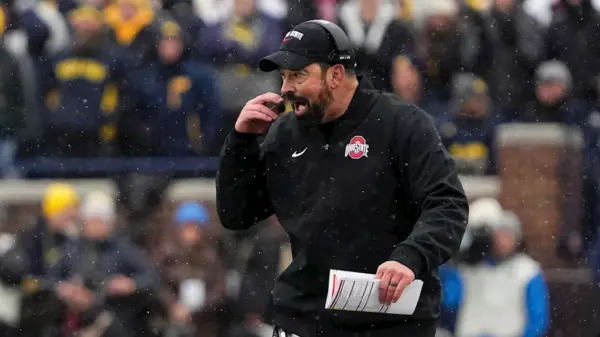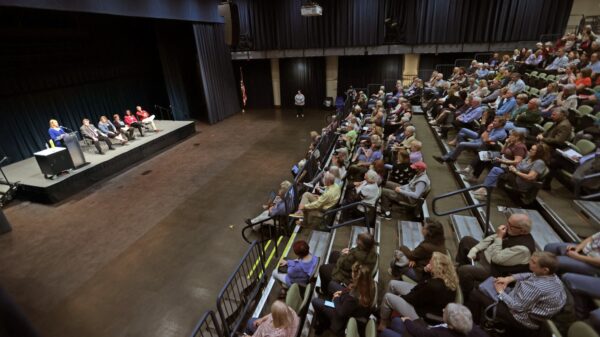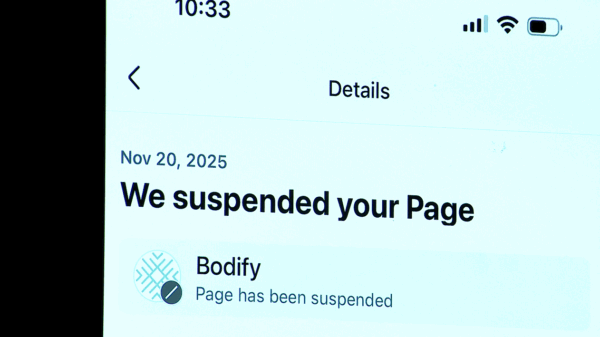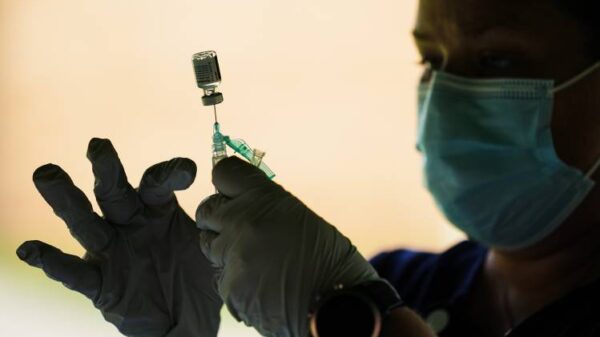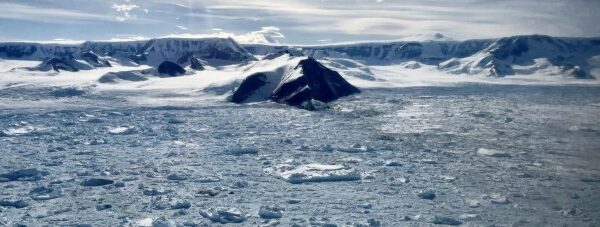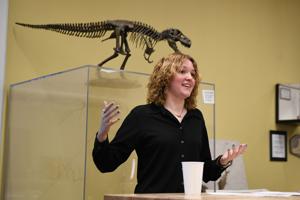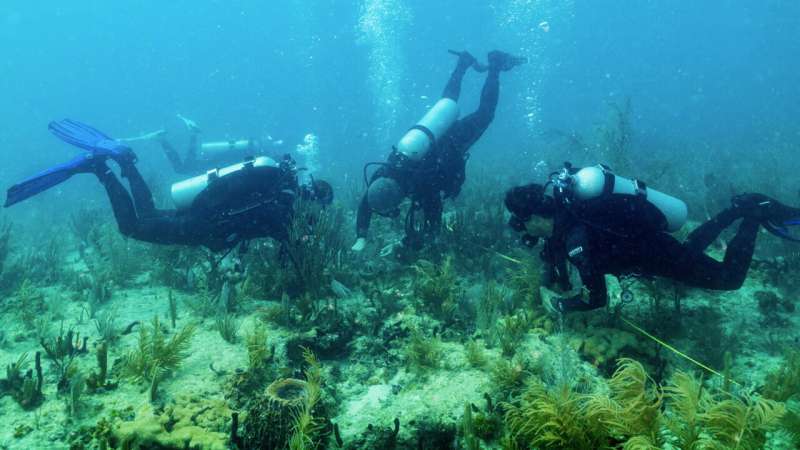A collaborative effort among scientists has marked a significant milestone in coral restoration. Researchers from the University of Miami Rosenstiel School of Marine, Atmospheric, and Earth Science, in partnership with Tela Marine and The Florida Aquarium, have successfully outplanted crossbred elkhorn corals onto a reef in Miami. These corals, known as “Flonduran” elkhorn corals, were created by breeding elkhorn parents from Florida with those sourced from a notably warm reef in Honduras. This initiative aims to enhance genetic diversity and resilience in Florida’s elkhorn coral populations.
Elkhorn coral (Acropora palmata) is classified as critically endangered, with populations having plummeted by over 99% since the 1980s. Factors such as disease, rising ocean temperatures, and environmental stressors have contributed to this decline. According to Andrew Baker, a professor of marine biology and ecology at the Rosenstiel School and director of the Coral Reef Futures Lab, “Its large, branching structure creates vital habitat for marine life, helps reefs grow, and acts as a natural barrier protecting coastlines from storms.”
In June 2024, Baker’s team collaborated with Tela Marine in Tela Bay, Honduras, to gather genetic samples and spawning fragments from resilient corals. Tela Bay’s reefs thrive under challenging conditions, including elevated water temperatures and agricultural runoff, which typically devastate coral ecosystems. The researchers collected hundreds of DNA samples from ten coral species to assess genetic traits that may confer heat resistance. They also brought 13 elkhorn coral fragments to Miami with the objective of crossbreeding them with local populations.
Following their arrival in Florida, seven of the Honduran elkhorn coral colonies were taken to The Florida Aquarium‘s Coral Conservation and Research Center in Apollo Beach. This facility is notable for being the first in the world to successfully induce elkhorn coral spawning in a laboratory setting. In July 2024, the colonies spawned alongside Florida’s elkhorn corals, resulting in more than 200 Flonduran coral offspring.
Keri O’Neil, Senior Scientist and Director of the Coral Conservation Program at The Florida Aquarium, stated, “After nearly a year of careful care, the first 35 Flonduran babies and 35 Florida elkhorn coral babies have returned to the ocean off Miami to help rebuild and strengthen future reefs. We’re hopeful these babies will lead to stronger, more resilient coral populations across the Caribbean.”
Baker emphasized the importance of international collaboration in conservation efforts: “Corals don’t know international boundaries. By working together across borders, we’re helping these critical reef-builders strengthen the entire Caribbean population.” The current outplanting serves as a pilot initiative to monitor the survival of these corals as water temperatures rise during the summer, informing future restoration strategies.
This innovative approach combines genetic material from resilient coral populations in both Honduras and Florida, with the aim of restoring not only the structural integrity of reefs but also their ecological functions throughout the Caribbean. Mike Tringali, Senior Research Scientist at the Florida Fish and Wildlife Conservation Commission, noted that restoring Florida’s elkhorn coral will require a coordinated genetic-rescue effort, akin to the successful recovery of the Florida panther.
Jennifer Koss, director of NOAA’s Coral Reef Conservation Program, expressed pride in supporting this research: “This effort stems from a National Academies study we commissioned on coral interventions, and we’re excited to see how quickly these innovations are being put into action.”
As the remaining parent colonies at The Florida Aquarium and the Rosenstiel School continue to thrive, the potential for producing more Flonduran offspring in future spawning seasons remains strong. This ongoing effort aims to rebuild and fortify coral reefs across the Caribbean, ensuring a more resilient future for these vital ecosystems.





